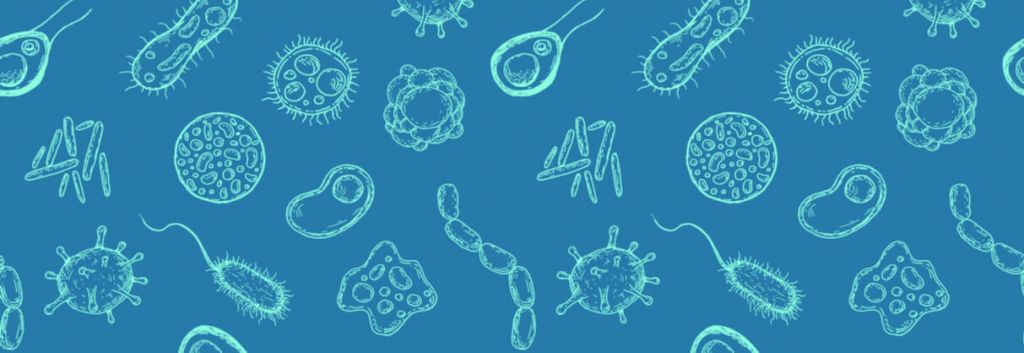Da Volterra has been boosted by a €20M loan to speed up the development of solutions for the antibiotic resistance crisis.
The French biopharma concentrates on the prevention and treatment of serious infections. This is a big area of interest due to rapidly rising antibiotic resistance. The company has been boosted by a €20M loan from the European Investment Bank (EIB). The loan will fund clinical work and Da Volterra’s industrial development.
Antibiotic resistance is one of the biggest threats to global health, and it is responsible for extended hospital stays, rising medical costs and increased mortality. With dangerous bacteria quickly developing resistance to new, and existing, antibiotics, a new approach is needed.
Da Volterra’s lead product, DAV132, is co-administered with antibiotics to prevent C. difficile infections, which cause diarrhea and can be fatal. DAV132 is inactive in the upper gastrointestinal tract, which allows the antibiotic to cure the infection, but once in the colon, it acts as a ‘sponge’, soaking up antibiotic residues that reach the lower intestine before they can disrupt the microbiota.
DAV132 is considered a medical device in Europe as it does not enter the blood. Da Volterra already has a CE mark for the product that has demonstrated proof-of-concept in studies so far and a ‘study in patients’ will begin soon to demonstrate its benefit in patients and support its commercialization.
How Da Volterra’s DAV132 technology helps to protect the gut microbiota from antibiotics and could reduce the health and economic burden of C. difficile infections.
There is no shortage of groups trying to tackle antibiotic resistance. Some groups are looking to develop new antibiotics, for example, Deinove, which recently received €15M from Bpifrance to continue searching for new antibiotics in rare bacterial strains. But, bacteria have a track record of quickly developing resistance.
Recent research has identified new ways to treat infections, for example, taking lessons from bacterial in-fighting to develop the nanomolecular machinery that they use to kill competing strains. Or, Western Europe could follow the lead of their Eastern neighbours by taking another look at bacteriophage therapy. Researchers at the University of Leicester have demonstrated the efficacy of a bacteriophage cocktail against C. difficile.

Florence Séjourné, CEO, was keen to point out to us that Da Volterra is one of the first biotechs working on techniques to prevent infectious disease: “There really is a need for new antibiotics, but we should also be trying to minimize infections… We are very happy at Da Volterra to be one of the first to push a novel paradigm that is complementary to the development of vaccines, antibiotics and diagnostics.”
DAV132 finds a way to allow antibiotics to do their work while improving their safety , which is particularly important in at-risk individuals such as cancer patients and the elderly. Lucky for us, we humans have a pretty good natural system to fight infections. Da Volterra’s technology may help us to use it in combination with the bacteria-killing power of antibiotics.
Media – cgterminal / shutterstock.com; Da Volterra





